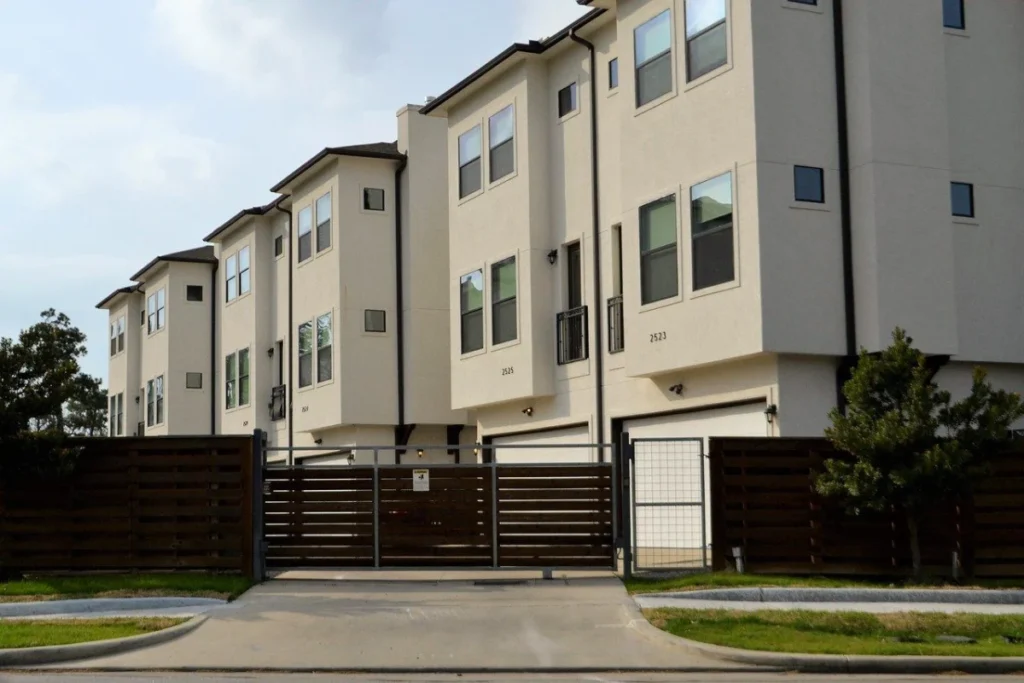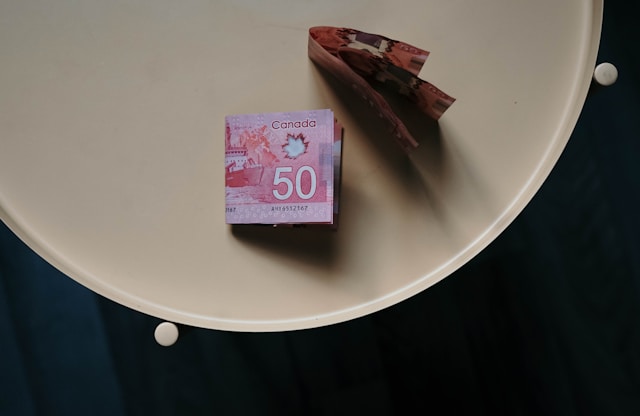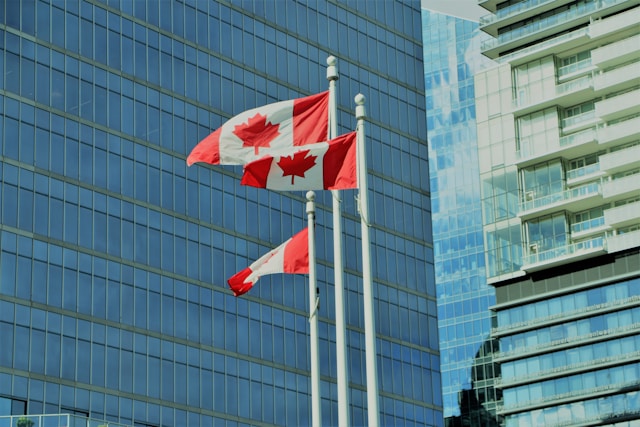Are you a Toronto resident who’s been thinking about investing in rental property? Investing in rental property can be a great way to generate passive income and build wealth. But if you’re not careful, it can also be a quick way to lose all your money. That’s why it’s critical for anyone who wants to invest in real estate to learn about the market and make smart decisions.
So here’s some advice on how to succeed with your rental property investment but before that let’s speak about the pros of buying a rental property in Toronto.
Pros of Buying a Rental Property in Toronto
Rental properties in Toronto are a great way to build wealth and passive income. It is not just about having a place to live but investing in an asset that will appreciate with time. If you buy a property for rent, it can be rented out for as long as you want and you can still live on premises if there are several units. When the tenant moves out, you can find another one or sell it at a higher price. This way, you get the benefits of both renting and owning property. So, the main pros of a rental property include but are not limited to:
- You can make money on the side by renting out your property.
- You can build equity over time.
- It’s a great way to diversify your portfolio.
Now let’s check out the tips for investing in a rental property for beginners.
1. Consider Financing for Rental Property Investment
If you want to make sure that you can actually afford a property, it’s important to find out how much money you will need.
Start by getting pre-approved for a mortgage if you plan to cover the costs with a loan instead of cash. This means that your potential lender has looked at your current income and spending habits and determined that it would be safe for them to lend you the money for the down payment on a property. The lender will also look at other factors like credit history and employment history before deciding whether or not they’ll give someone an offer of financial assistance.
You need to consider your financing, because many buyers think they have enough money in savings when they don’t. So, ask yourself, “How much can I borrow?” Don’t forget about taxes and closing costs as well. For managing your expenses and income don’t forget about opting for property bookkeeping and accounting services.
2. Consider Tax Implications
Once you’ve decided to invest in rental property, the next step is to consider your potential tax implications. It’s important to understand that taxes can be a significant part of your investment and that you should account for this in your plans.
Investigate the tax implications of investing in rental properties in Toronto. Talk to an accountant or financial planner who specializes in real estate and taxation issues so that they can give you an idea of how much money will need to set aside each year toward taxes on your business.
3. Anticipate Additional Costs
It is important to predict the costs you will have as a landlord to minimize them.
Let’s start with the obvious — rent. You need to figure out how much you can expect in monthly rent and then make sure that the property you are buying will generate enough income to cover that amount, plus all of the other expenses. Next up are maintenance fees and repair costs. Your tenants may complain about cracked tiles or leaking pipes on occasion, but those kinds of problems can add up quickly if left unaddressed for too long. So, the costs associated with rental property investment include mortgage and interest rates, tax implications, landlord and homeowner’s insurance (in case of income loss or damaged property), as well as property management fees and utilities.
Sometimes, your tenants may move out before their lease is up, meaning you’ll have to find new ones and go through the process of securing them. This can be costly and finding new prospects would not be easy. So, the help of a property management company will be important since the manager can help you collect all your rents and do tenant screening.
4. Consider Rental Investment Analysis
- The sum of money you have set up for closing costs and a down payment.
- The type of property (new construction, condo vs. house).
- The average rent prices in the area.
- The vacancy rates for rental apartments in the area.
- The amount of competition you’ll be facing from other landlords and real estate investors.
- What your overall investment goals are (short-term rental income or long-term portfolio).
Real estate investment analysis is the process of determining the financial feasibility of a real estate investment. It’s important to recognize that many factors come into play when considering whether or not to buy a property, including:
The goal of rental investment analysis is to make sure that your money is going into something that will be profitable in the future and that the real estate return on investment will be promising. This means predicting how much rent you’ll collect each month, how long it will take until you recover all expenses (such as renovations), and how much risk there is associated with investing in rental property. When you analyze your rental property investment, take into account the following:
- Cash flow (income – spending)
- Return on investment (cash flow/the cost of your investment)
- Capitalization rate (net operating income/ total cost of the property).
5. Consider the Location
Location determines the demand for a property and it influences all other factors — the cost of living there, its rental income, and expected return on real estate investment.
Location is also a major factor in determining the value of a property. If you buy a house that’s far away from everything else and inaccessible by public transit (or even private transport), you’re not likely to get much rent out of it — and so your investment will likely be doing poorly.
On the other hand, if you buy an apartment in downtown Toronto or Ottawa where there are plenty of jobs available nearby, as well as schools and shops within walking distance, and good public transit links with other parts of town, you’ll probably make more money off your rental property than someone who bought just outside town with underdeveloped infrastructure nearby.
When you’re looking to invest in rental properties, you want to make sure that you’re investing in neighbourhoods that attract tenants. So, ensure to pay special attention to the location and neighbourhood.
FAQs for Rental Property Investing
- Is buying rental property a good investment? It depends. As we’ve discussed, investing in rental property is a great way to build an income stream. But it also has some drawbacks.
- Are condos a good investment for a rental property? In short, yes. But condos have both pros and cons since they have fewer maintenance costs and appreciate value over time but offer less privacy. So, it depends on the mortgage you get, the historic growth rate, etc. We can help you understand whether it’s worth investing in it or not, by considering your financial situation.
- How to calculate if a rental property is a good investment? Consider the one percent rule. For instance, if a house costs $400,000, the rent should be at least $4,000.
- How to calculate return on investment for a rental property? The return on investment formula for rental real estate is annual returns/cost of Investment.
Double-check our blog once you decide to invest in rental property. Good luck!





